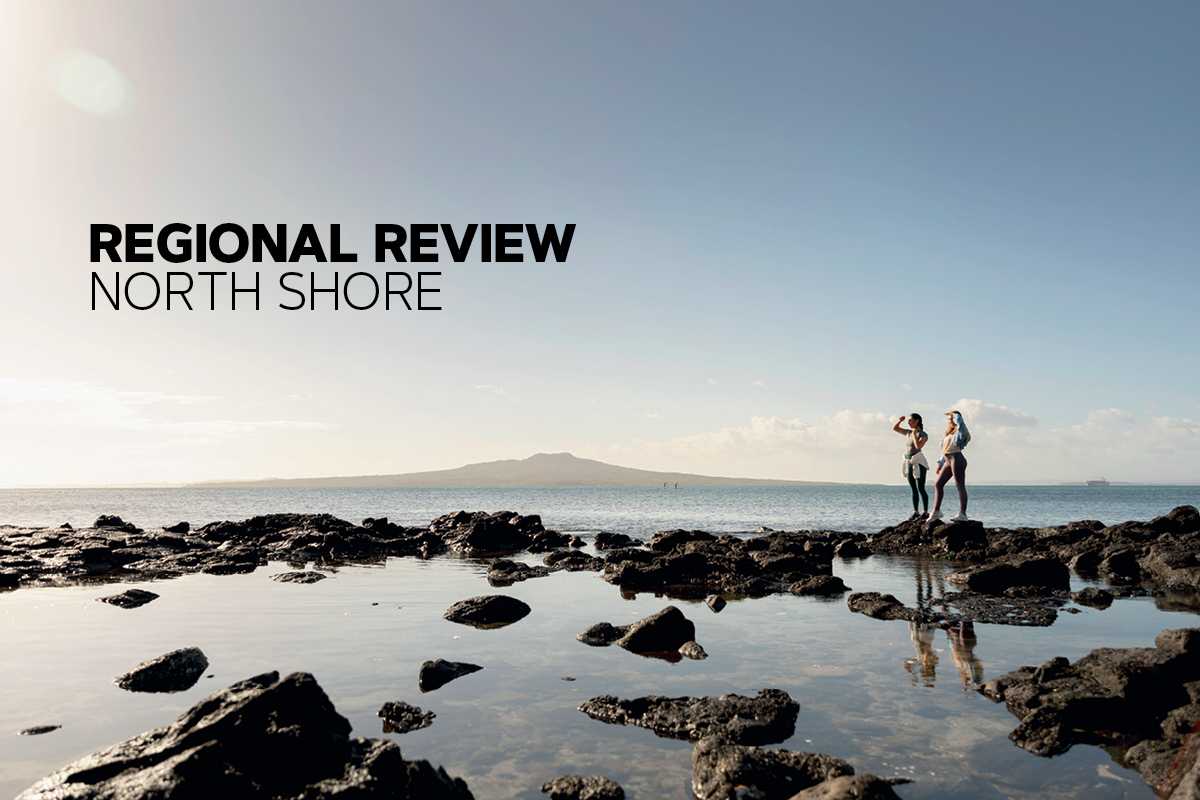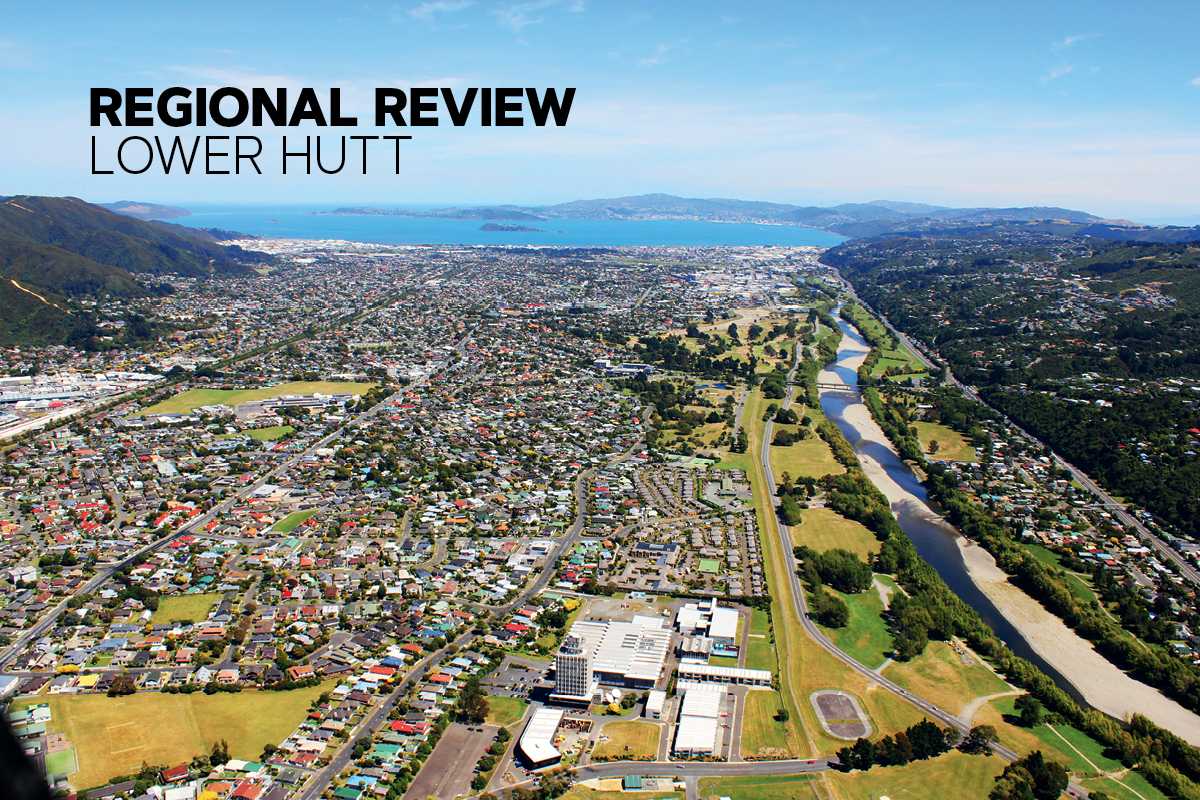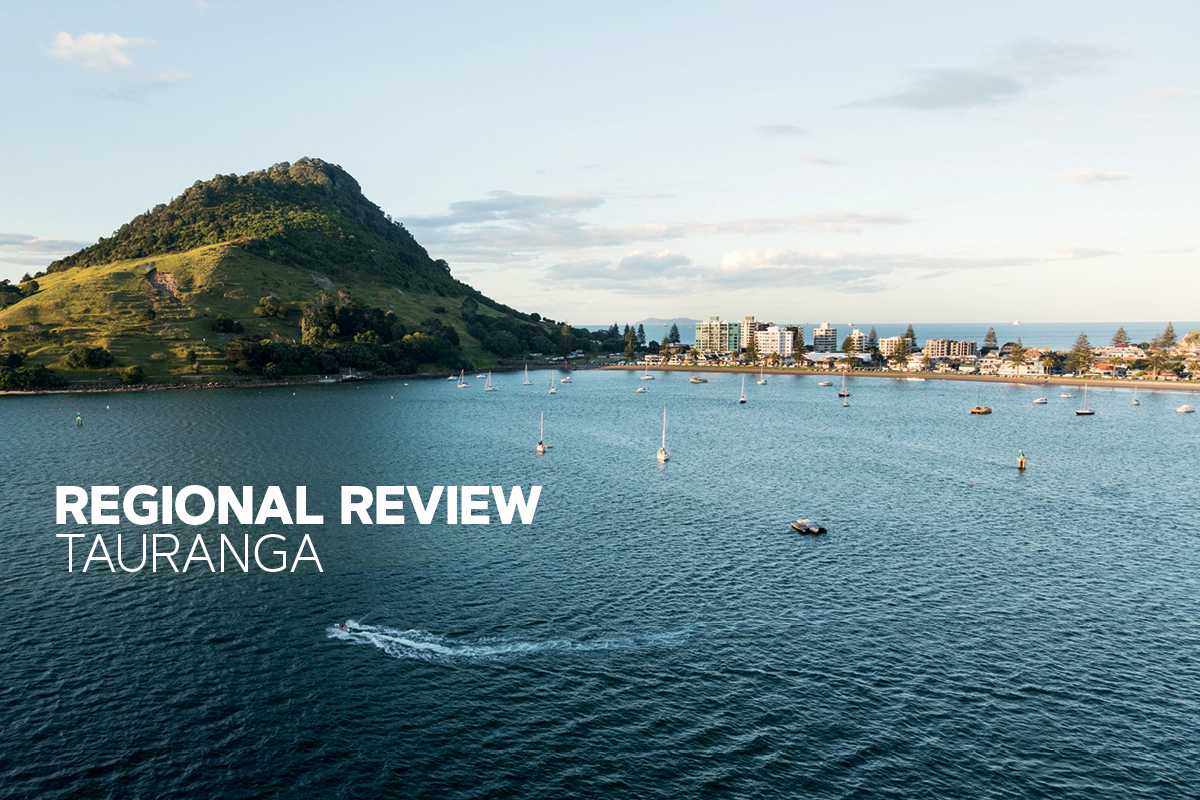
The Pulling Power Of Surf And Sun
Although Tauranga is classed as one of the smaller cities by area in the country, the rapidly increasing population has made it the sixth-largest city, Sally Lindsay discovers.
1 January 2023
Nestled along the eastern coastline is Tauranga, a city that’s home to New Zealand’s fastest-growing population.
It is part of the Golden Triangle along with Auckland and Hamilton, which is predicted to be home to 53 per cent of the country’s population by 2031.
As part of the Bay of Plenty region there are about 260 kilometres of coastline and beaches to choose from, including the famous surf and holiday spots of Mount Maunganui and Papamoa.
While Captain Cook named the Bay of Plenty area in honour of the plentiful fish, timber and generous people, he could well have been referring to the sunshine.
Tauranga is one of the sunniest places in the country, receiving an average of 2,200 hours a year. The summers are warm and dry – perfect for taking advantage of the great outdoor lifestyle on offer – and the winters are mild.
Although Tauranga is classed as one of the smaller cities by area in the country, the rapidly increasing population has made it New Zealand’s sixth-largest city. In June last year more than 158,300 people called Tauranga home – a population density of 1,115 people per km2.
In spite of this, it generally doesn’t feel crowded. The council has created lane ways to encourage walking and cycling, and infrastructure to meet cultural, business, and leisure needs.
Tauranga residents rate their quality of life higher than people in other large cities in New Zealand. The work-life balance available has a large part to play. There are abundant employment opportunities in agriculture, healthcare, construction, education and retail, not to mention the hospitality industry.
A lot of Kiwis know about the lifestyle on offer in the Bay of Plenty. In a recent Trade Me survey, 30 per cent say they are thinking of moving to the region, specifically to Tauranga. Local real estate agents say it’s particularly appealing to Aucklanders, although people are moving there from all around the country as there are also
plenty of housing options. Otumoetai, Papamoa and Mt Maunganui are all coastal, so generally carry a slightly higher price tag. Yet, not everywhere is pricey. Tauranga Central and Gate Pa offer affordable options.
The latest CoreLogic data show house values dropped between 4.6 per cent in Tauranga South and 2.1 per cent in Tauranga, Mt Maunganui and Poike between December 1, 2021 and December 1 last year.
Majestic Mt Maunganui looks out on the calm waters of Tauranga bay and harbour.
EXPANDING BUSINESS
The biggest growth in business for Mike Reed, of Focus Property Management, was last year. The business added 36-37 properties to its portfolio of 140 managed houses. Reed says many of the new properties on the company’s books have come from clients dissatisfied with the service from bigger property management companies.
A 20-year investor with rentals in Tauranga and Rotorua as well as the business owner, Reed says there is a huge shortage of rentals in Tauranga. “A building boom over the past couple of years resulting in an expected surplus of rentals never eventuated,” he says.
At the same time an influx of people have moved to the city from around the country or returned from overseas and international families have been making the region their new home. His company has signed up several properties on one-year fixed terms for hospital medical staff.
Reed says the biggest change for Tauranga’s housing market has been the increase in remote work, which allows people to live anywhere.
“One California family has been able to move to the city because the husband was able to bring his Google job with him. It has been the same for other families from overseas and across the country.”
It has meant rental scarcity has pushed rents up after they stagnated for about six months. “It is now hard to find three-bedroom properties renting for under $600 a week. They are close to Auckland prices.”
He says landlords’ latest tax bills, with 25 per cent of mortgage interest tax deductibility previously available to be offset against rental income wiped off, have given many a fright. To cover the extra tax rents for many properties need to rise $50-$70 a week, but when his company suggests a $30 increase would be more reasonable for tenants, landlords still insist on the higher rent when they would never have considered a rise of this magnitude in the past.
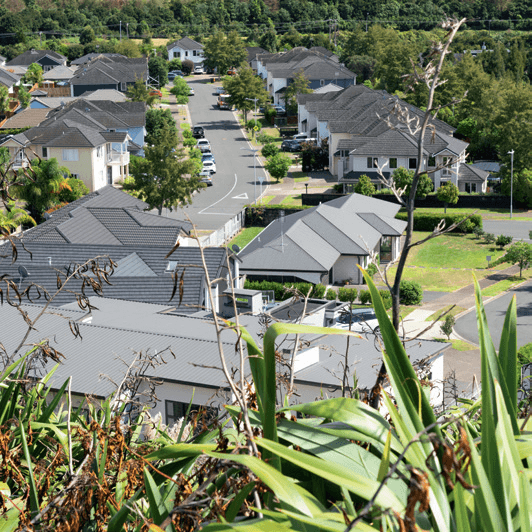

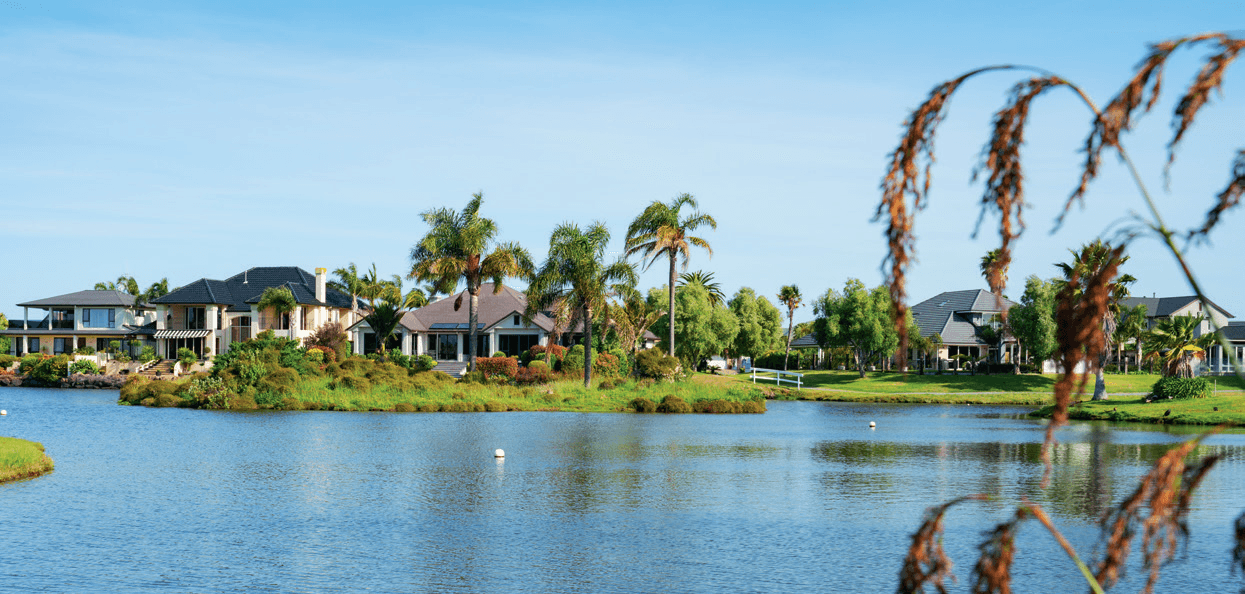
CLOCKWISE FROM TOP LEFT The Lakes subdivision is just eight minutes from Tauranga CBD; Izakai in Mt Maunganui serves up Japanese food with a Kiwi twist; walking and cycling pathways surround the Te Ara o Wairakei stormwater reserve in Papamoa; the mighty Kaiate Falls in nearby Welcome Bay; Port of Tauranga is the country’s largest.
OPPOSITE Mount Maunganui’s Main Beach is popular for its surf breaks.

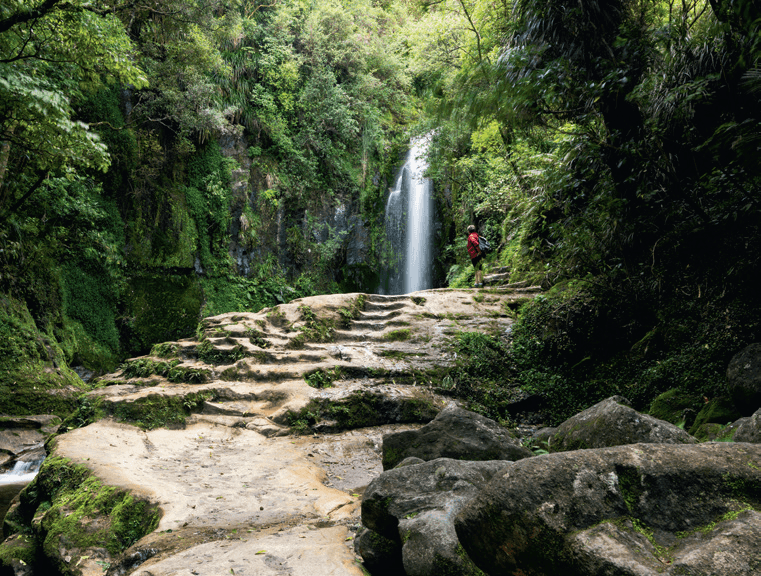
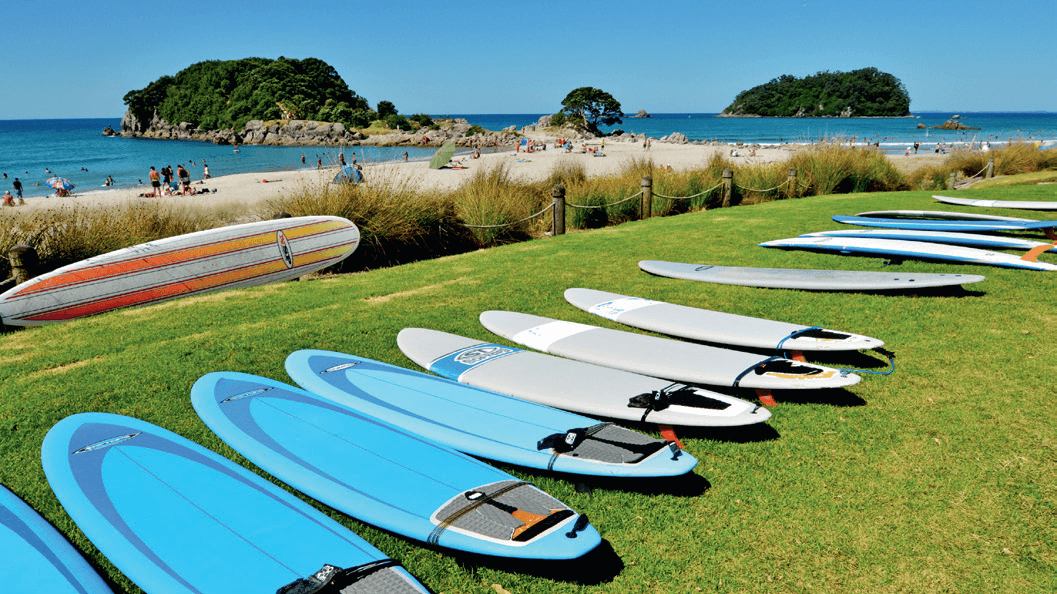
TENANT PROBLEMS
His company receives on average 30 enquiries for every property it lists. Ten prospective tenants would be invited to a viewing, eight would want to rent it, and four to five would be shortlisted as potential tenants. “It is difficult because the new tenancy laws have forced us to be more picky about the tenants we place.
“A couple of years ago we would give marginalised tenants, who might have a credit rating that isn’t so good, a chance if they told us they had turned their life around. Because it is so difficult to evict tenants under the new laws, those marginalised tenants now don’t get a chance.”
Reed has noticed the new laws have affected young men in particular – those who want to leave home to go flatting. “They are usually immature, party and quite often upset their neighbours. One group in a $1.2 million house put their washing on a neighbour’s fence to dry because there was no washing line. To solve the problem the neighbour bought and installed a washing line for them, but that is unusual. Affected neighbours usually don’t want to put their names on a complaint, which makes it difficult for property managers.
“In the past we would have had a word to the tenants and told them to change their behaviour if they wanted to stay in the house. Now we just avoid renting a property to them. All the stupid new regulations the government has forced on landlords have just ended up affecting tenants the most.”
‘Because it is so difficult to evict tenants under the new laws, those marginalised tenants now don’t get a chance’ MIKE REED
OLDER HOUSES
Several landlords have sold their older existing houses and are buying brand new as the tax deductibility rules still apply as does the five-year bright-line test. About two-thirds of the properties Focus manages can be classed as almost new, but the biggest demand from tenants is for 2-3 bedroom older and cheaper houses, says Reed.
Popular with renters are the older 1960-1970s developed suburbs of Matua, Bellevue and Otumoetai, with four good primary schools and six to seven minutes’ drive from the CBD, but they are difficult to get into.
He says investors have all but disappeared from the market. Two years ago his company would have signed up 10 new investor properties to manage. Last year it was one. “I suspect it will stay the same until after this year’s election.” Listings have surged in Tauranga while there has been a slowdown in sales.
Professionals NRG Realty business co-owner and principal Paul Billinghurst says some vendors are meeting the market but many aren’t.
“It comes down to the reason for selling and whether the vendor needs to or not. There have been more properties withdrawn from the market than at any time previously because the seller could not get the price they want or the offer is conditional on the sale of the buyer’s house and it doesn’t eventuate.
“We are back to the days of seller chains and if one cog falls over the lot fail, although some deals, depending on the calibre of the house and price, can be renegotiated before the unconditional stage if there are issues, such as building reports showing faults.”
Billinghurst says 18 months ago vendors were scared to sell before buying because of a severe shortage of properties, now sellers are scared to buy before selling because of an oversupply of listings and fewer buyers – a complete turnaround.
He says if vendors can’t find a buyer they just put their plans on hold for a couple of years.
Numbers at open homes have dwindled and fall away quite quickly after the first couple of viewings. For example, a recent Bethlehem property on the market had eight to nine groups through it on the first open home while houses in other suburbs had only one to two groups and then the number of people turning up drops off quickly across all suburbs after the first two open homes.
“It’s a totally different market and trained agents have to work harder to get listings and then keep any deal going until there is a sale. It takes a lot of empathy, skill and resilience.”

LIFE GOES ON
First home buyers are still active in the Tauranga housing market, whereas investors are nowhere to be found. Owner-occupiers are trading up or down.
Far fewer houses are selling, but Billinghurst says there are still sought-after suburbs, such as the beachfront at Mt Maunganui where prices in the millions and higher interest rates don’t matter as much to wealthier buyers.
In the less desirable areas of the city houses are selling on average for about $700,000.
These tend to attract first home buyers, but higher interest rates and the amount of money they can borrow is a big concern.
“We have heard stories of buyers being approved for a certain amount and when they go back to the bank after 90 days to sign for the loan after securing a property, the amount they can borrow has dropped because of higher interest rates.”
Although there has been a substantial drop in Tauranga’s house prices, they are still expensive compared to most other areas of the country, says Billinghurst.
“Mum and dad investors are saying ‘no’ to further property buying because of the higher interest rates, while professional investors are looking for do-up bargains and are offering prices reflecting market sentiment. Whether they are successful or not goes back to the motive of the seller.”
He believes this year will be similar as running up to an election the real estate market traditionally tends to be quiet until the result and what plans a new government has for housing are laid out.
This year, particularly, investors will be watching with a keen eye to see whether National is in the box seat and tax deductibility is restored, whether the OCR rises and the country goes into recession.
Despite this, Billinghurst says he reminds his agents people still need to buy and sell property – empty nesters downsizing, couples divorcing, and people moving to Tauranga for work. “Life goes on, but I doubt we will ever see the post-Covid house price surge again.”
